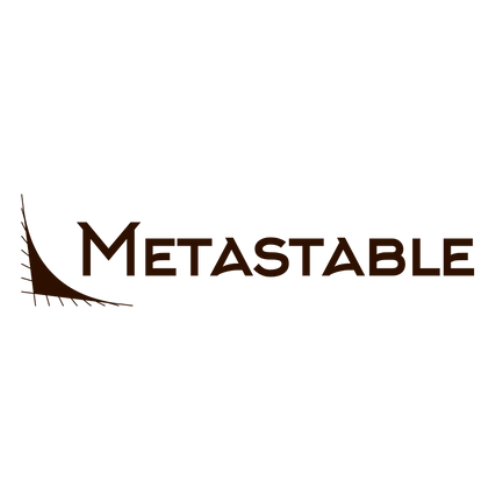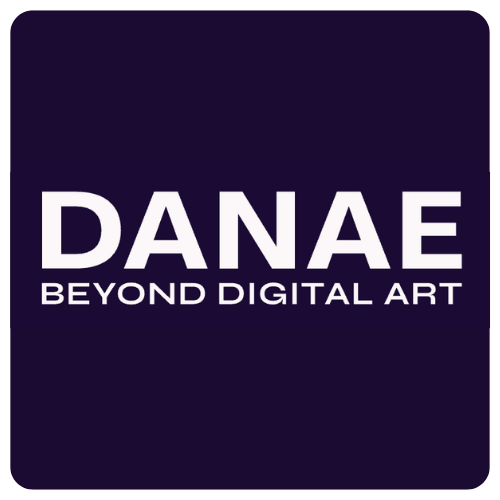
Quarter Homes
Quarter Homes is a real estate technology company that modernizes vacation home ownership through a fractional, co-ownership model. It aims to make owning a second home more accessible and affordable by allowing up to four parties to collectively purchase and own a property. Quarter Homes manages the entire lifecycle of the property, including all legal, financial, and property management complexities, to provide a seamless, hassle-free experience.
The company’s innovative model incorporates the Hedera blockchain network, which underpins its operational framework. For each property, a unique LLC is established, and the legal ownership interest is divided into fractions represented as non-fungible tokens (NFTs) on the Hedera Token Service (HTS). This provides each owner with a verifiable, digital proof of ownership.
Quarter Homes leverages the Hedera Consensus Service (HCS) to create a transparent and immutable log of all activities associated with the property. This includes governance, maintenance activities and scheduling, ensuring all parties have a trusted and shared view of the property's status and history.
Project Information
Related Projects

MetaStable is a decentralized finance (DeFi) platform that aims to provide a secure, private, and compliant environment for trading synthetic assets. The company is focused on leveraging advanced cryptographic techniques to solve some of the key challenges in the DeFi space, such as high slippage, impermanent loss, and regulatory uncertainty.
The core of MetaStable's service is its Automated Market Maker (AMM), which is designed to facilitate the trading of synthetic assets with minimal price impact. A key feature of the platform is its use of Zero-Knowledge Proofs (ZKPs), which allows for the verification of transactions without revealing the underlying data. This provides a high degree of privacy and confidentiality for users. The platform also includes a "DeFi Firewall," a proprietary technology that helps to ensure regulatory compliance by preventing illicit funds from entering the ecosystem.
MetaStable’s "chain-agnostic" design and support for EVM-compatible DLTs allows it be interoperable with various networks including the Hedera blockchain.

Sayl Cloud is an all-in-one marketing, commerce, and loyalty platform designed primarily for businesses in the hospitality and retail sectors. The company provides independent restaurants, hotels, and retailers with a powerful suite of tools to increase direct sales, own their customer relationships, and reduce their reliance on third-party aggregators that charge high commissions. Sayl’s platform integrates functionalities like online ordering, table reservations, customer relationship management (CRM), and marketing automation into a single, cohesive system.
A key innovation for Sayl Cloud is its integration with the Hedera network to offer next-generation, Web3-powered loyalty programs. Through this integration, businesses can easily create their own branded tokens and NFTs on Hedera, transforming traditional points-based rewards into engaging digital assets. Customers can earn these tokens for their purchases and other interactions, and then redeem them for exclusive perks, creating a more dynamic and gamified experience. Supported by The HBAR Foundation, Sayl leverages Hedera's fast, secure, and low-cost ledger to make these "Loyalty 3.0" programs feasible for its clients.

Music Battles is a "play-to-earn" social music gaming platform that combines the excitement of a live music competition with interactive mobile gaming. The company's mission is to revolutionize the music industry by creating a new ecosystem where artists, fans, and brands can connect and share value in a transparent and engaging way.
The core of the Music Battles experience is its mobile app, which allows users to vote for their favorite artists, participate in "Song Battles," and earn rewards for their engagement. The platform also features "SongSponsors," a proprietary, patent-pending system for programmatic royalty distribution that aims to create a more equitable model for artists. A central element of the ecosystem is its marketplace, where users can buy, sell, and trade digital collectibles, including song NFTs, and use the platform's native utility token for in-game transactions.
Music Battles is built on the Hedera network, leveraging its enterprise-grade performance to power its real-time gaming and transaction-based features. The Hedera Token Service (HTS) is used to mint all NFTs and the platform's native utility token, ensuring fast, low-cost, and secure transactions.

Danae is a digital art company that provides a platform for contemporary art within the Web3 space. Its primary focus is on curating and presenting high-quality digital artworks from established artists and galleries, merging traditional art world practices with new technologies.
The main service offered by Danae is its NFT marketplace, which facilitates the sale and authentication of contemporary art as non-fungible tokens. The platform's services include expert curation, ensuring that all works in its collection meet a standard of artistic excellence. A key feature is the use of blockchain technology to provide transparent and secure art authentication, making the provenance and ownership of a digital artwork easily verifiable. This allows collectors, galleries, and curators to connect and transact with a higher degree of confidence.
Danae's platform is multi-chain, with a direct integration with the Hedera network. The company utilises the Hedera Token Service (HTS) for the minting of its NFTs.
